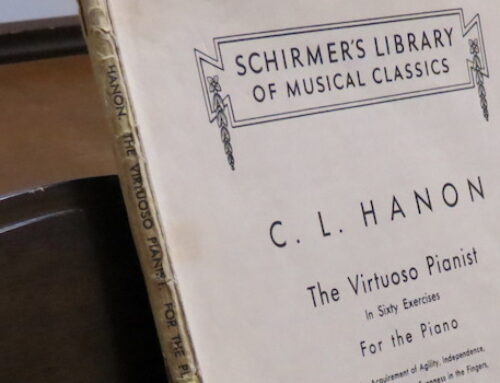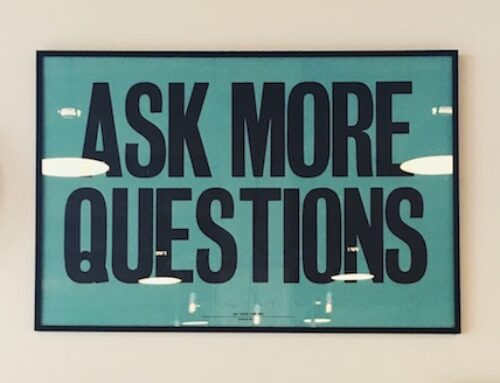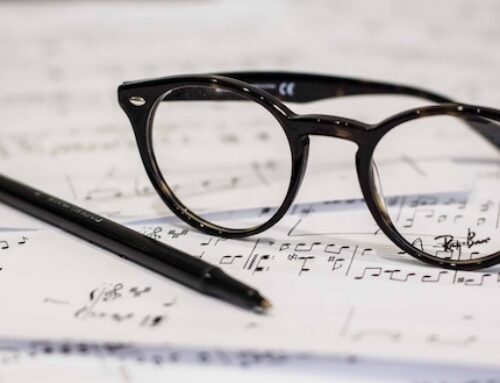It’s amazing how expectations affect us! If I expect someone to invite me to something, I’m deeply hurt when he or she doesn’t. If I don’t, I’m elated to receive an invitation. If I expect something of myself, I’m frustrated when I can’t fulfill it. If people I care about expect things of me, I’m inspired to please them. Expectations are powerful! We should consider how to use them as tools in our music studies.
Using Expectations as a Student
As a student, setting expectations for ourselves is extremely beneficial. How long and how often do you expect yourself to practice? This will play a huge role in how much you actually practice. What level of playing do you expect to reach before a performance? This will significantly impact how well you perform. Do you expect yourself to fix the things your teacher comments on before the next lesson? If not, you probably won’t. What do you expect yourself to accomplish during this practice session? If you don’t have a plan, you might not accomplish much.
I don’t always accomplish everything I expect of myself, but the expectations push me to pursue the goal. I know that I need to practice every day of the week except Sunday. Why? Because that’s what I expect of myself.
Using Expectations as a Teacher
The same idea applies to teachers. Our students can perceive what we expect of them. If our expectations are low, they tend to set low expectations for themselves. If they are high, they tend to push themselves to meet them. Do you believe your students can and will accomplish what you have asked them to? If not, they probably won’t. If you challenge them, however, they will probably grow.
Annie Murphy Paul shares 4 ways to show our students we believe they have great potential in her post, “What We Expect From Ourselves And Others Often Becomes Reality.”
1. They create a warmer “socioemotional climate” for the learners they regard as high-potential, often conveying this warmth through non-verbal signals: a nod, an encouraging smile, a touch on the shoulder.
2. They teach more material, and more difficult material, to learners they see as especially promising.
3. They give up-and-coming learners more opportunities to contribute, including additional time to respond to questions.
4. They offer their “special” learners feedback on performance that is more detailed and more personalized—not just a generic “Good job.”
If students care at all about what you think, they will seek to please you. I know that before my teacher hears a piece again I need to get it up to tempo and memorize it. Why? Because that’s what she expects of me.
Using Expectations as a Parent
Similarly, the expectations of a parent can play a huge role in how a child responds to his music instruction. I sat at a piano recital recently, and it became clear to me which parents were involved and which weren’t just from the kids’ performances. Parents play a major role in the lives of their children, which is why their expectations are that much more powerful. Kids tend to want to make their parents proud. If a parent could care less how a child does in piano lessons, the child might not care much himself. If the parent, however, puts a lot of weight on how hard he’s working for lessons and whether or not he’s improving, the student will find motivation.
I know that I need to practice regularly, do my homework, and do my best. Why? Because that’s what my parents expect of me.
Failing to Meet Expectations
Expectations are a powerful tool that we should use, but we need to be careful. They can cause much damage as well. Learning how to respond when we or our students or our children don’t meet these expectations is essential. We need to get back up and keep running even when we fail to meet our original expectations. We need to continue to motivate and encourage even when our students disappoint us. We need to love our kids unconditionally and not let our approval rest on whether they can meet our demands.
How do expectations affect you as a musician? How have you learned to use them for the good?








Leave A Comment